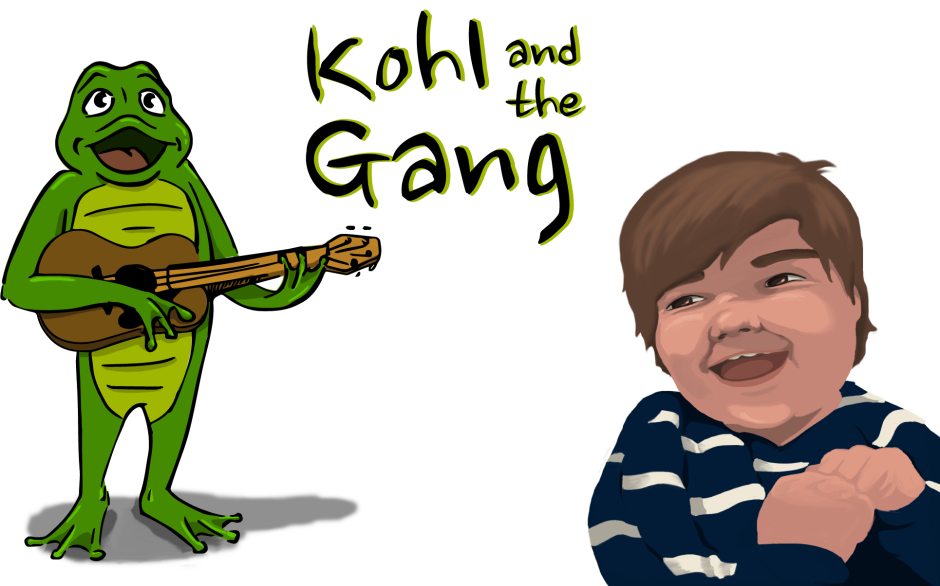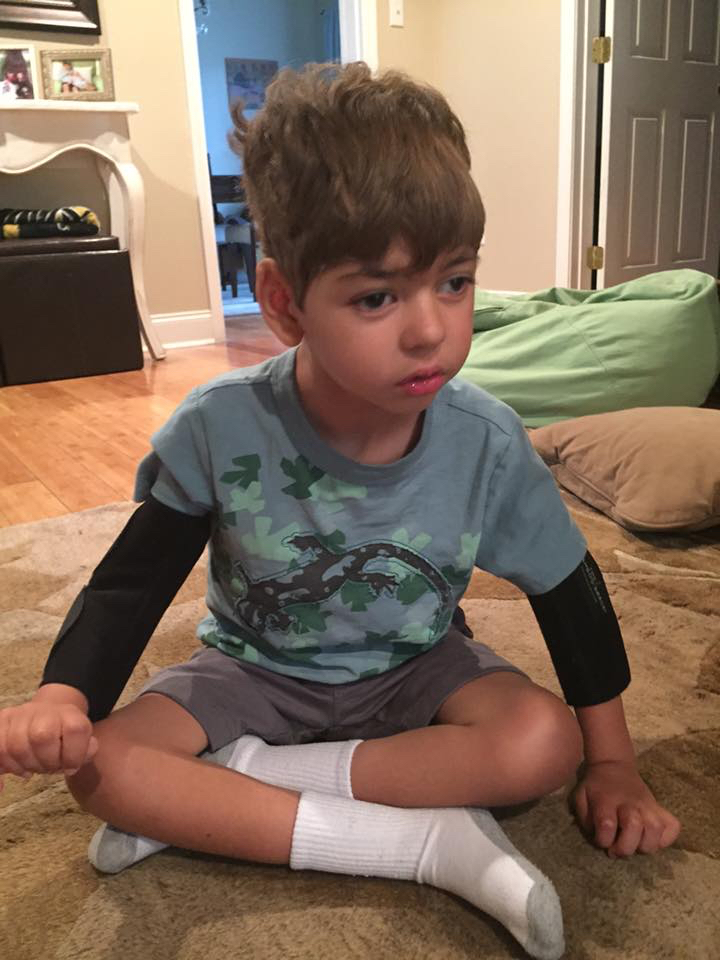I remember sitting with my wife Sarah in the neurologist’s office when my son Kohl was a baby, shortly after being discharged from the NICU. It was the first time after Kohl’s nightmarish first days, born with global brain damage, that we caught a glimmer of hope. That hope came in the form of learning about the concept of brain plasticity, or the brain’s ability to change itself over time. Children, our neurologist told us, have particularly plastic brains as they undergo extremely rapid change during the first years of life.
This is true for all children, but it is something we were finally able to hang our hats on because the concept becomes very relevant when the brain loses function in the event of an injury. What this meant for Kohl, we reasoned, was that those portions of his brain that were left unscathed have the ability to adapt and compensate for lost function. This was hope. This represented possibilities. This was a little slice of gold.
And yet, we felt as if we were in a race against time because it was suggested, or at least I interpreted, that the child’s brain has this plasticity for about five years. So we essentially had five years to maximize Kohl’s development. It was a shot of hope, but washed down with a gallon of mind-numbing anxiety.
So I find myself now, on the eve of Kohl’s fifth birthday, reflecting on that day and my creation of that artificial, anxiety-riddled five-year window. I have two observations both based in neuroscience:
One, there is no five-year window.
Now, this may come as a shock to those who know me best, but I am not, in fact, a neuroscientist. I am a 36-year old dude who still picks his nose, routinely makes jokes about dicks and farts and generally has the maturity level and intellect of a seven-year-old. But I have learned a few things about neuroscience, a relatively new field that is constantly changing. We are only beginning to learn about the extent to which the brain can change itself. But one fact that does not appear to be in dispute is that our brains retain their plasticity throughout our whole lives.
At least one neuroscientist, who Sarah and I have gotten to meet and hear speak, has opined that “[w]e are in the early stages of a Brain Plasticity Revolution … in which the brain’s machinery is being continuously rewired and functionally revised, substantially under your control, throughout the course of your life.” (Soft Wired by Dr. Michael Merzenich, PHd, p. 2). In other words, our brains retain the ability to “re-wire” not just in early childhood, but throughout our entire lives, and it does so based on experiences we have that are within our control.
The extent to which the brain rewires itself and how does not yet seem crystal clear, but the basic premise that our brains never lose this ability was an enormous relief to us and took some of the edge off our sense of urgency to maximize Kohl’s development.
The second and perhaps more important point is that it is not just about Kohl’s development. Well-meaning people frequently tell Sarah and me how we are such “good parents” and how well we are doing with Kohl. These comments have motivated and lifted us up on bad days and we always appreciate them and are flattered to hear them. But they are just not entirely true. We have done nothing different or “better” than what I am 100 percent sure any of our friends or other family members would do if placed in the same situation.
Moreover, I don’t even know what being a good parent means anyway, but there are plenty of times that I do not feel like one. I have committed many transgressions that probably would not be considered in line with good parenting, and I have my share of regrets.
I have been more focused on fixing Kohl and making him normal when I should be just enjoying him. All too often, I let the frustration of the daily care of a brain-damaged child get to me. I have lost my temper far too often and lashed out against those I love the most, including Kohl. I have assigned blame where there is no blame to assign. I am not fully healed from the wounds inflicted on me by Kohl’s birth. I do not mean for that to be an excuse or to paint myself as a victim. I just mean that I too, am a work in progress.
And as I sit here on the eve of Kohl’s fifth birthday, this milestone no longer feels like a deadline. It is only the beginning.





Happy birthday, Little Man! ?
Happy Birthday Kohl. Thanks Andy for your reflections. I can totally relate to what you are saying. You and Sarah are awesome people!
Thanks so much, Tera.